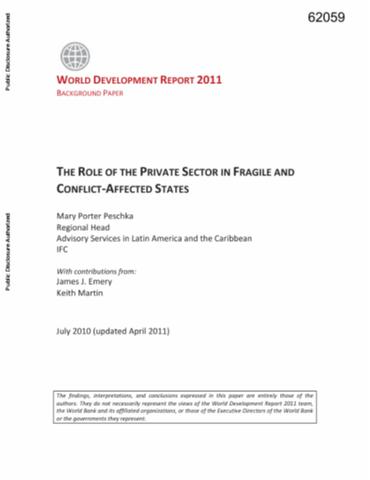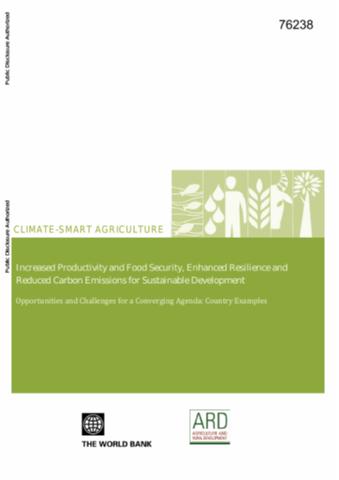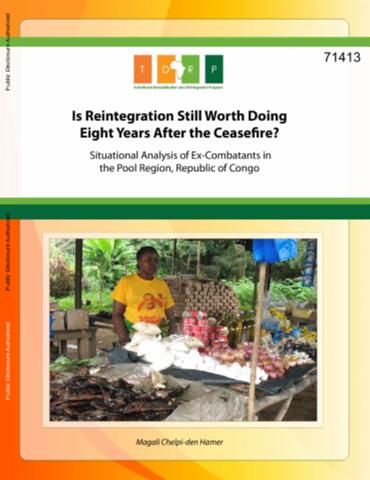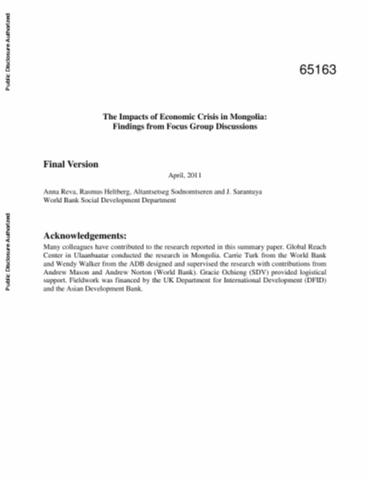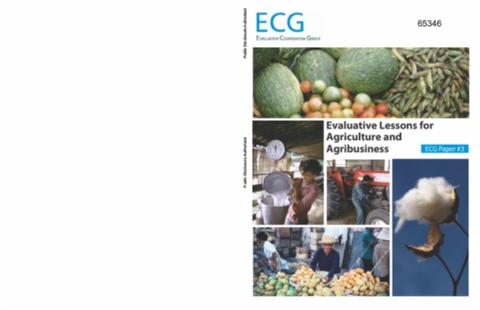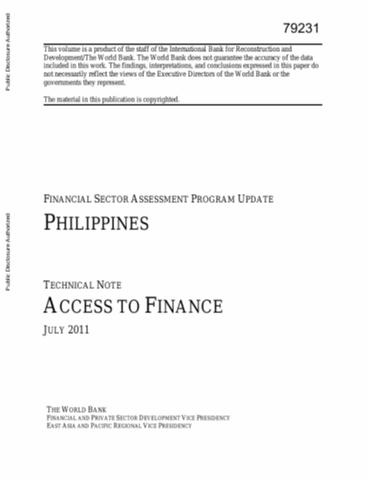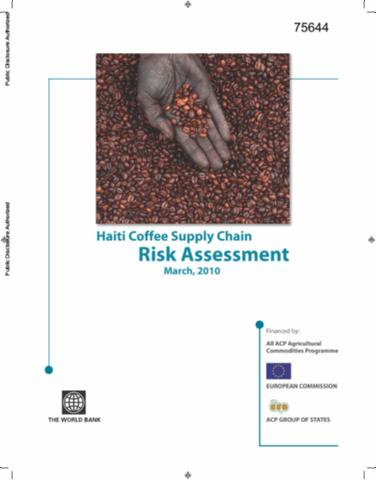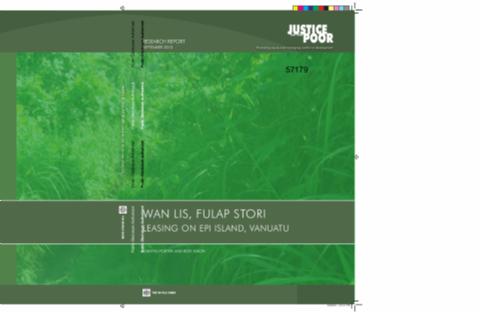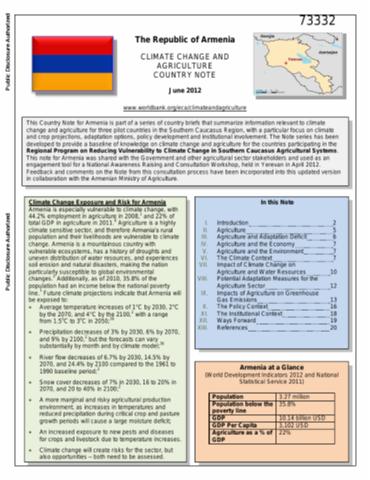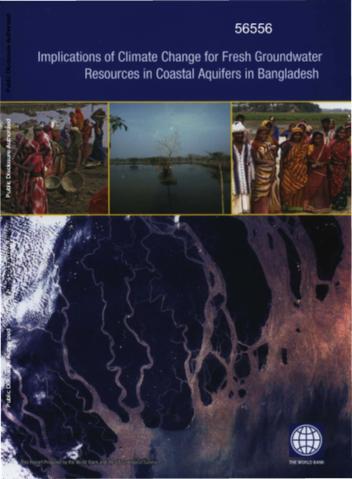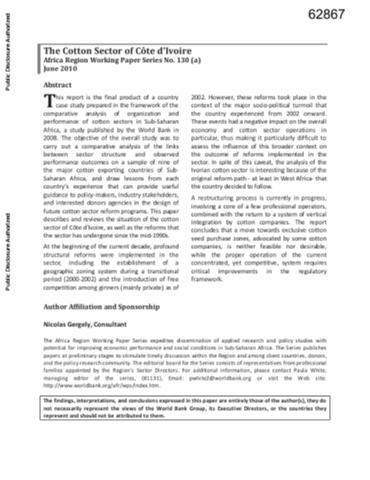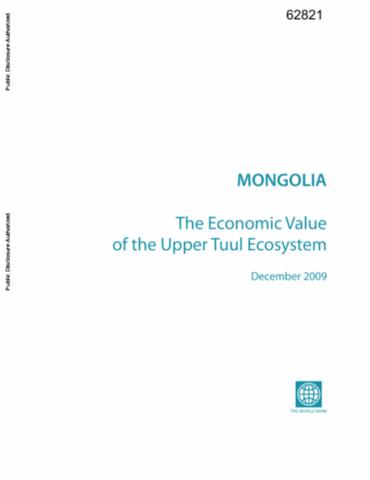The Role of the Private Sector in Fragile and Conflict-Affected States
This paper explores how the private sector can positively contribute to peace-building and conflict prevention, and how that positive private sector role can be supported and enhanced. The starting premise recognizes that the private sector exists in all conflict situations and has the potential to both exacerbate and ameliorate conflict, the outcome of which can be greatly affected by appropriate support from external partners.

